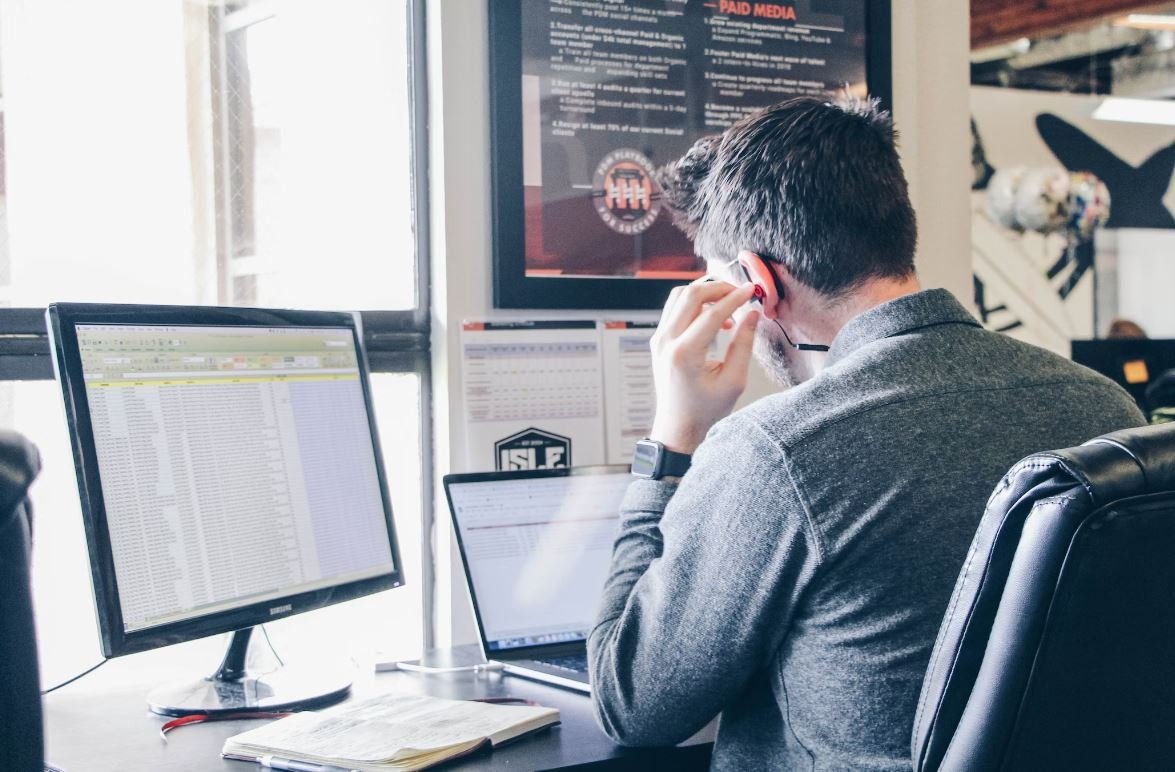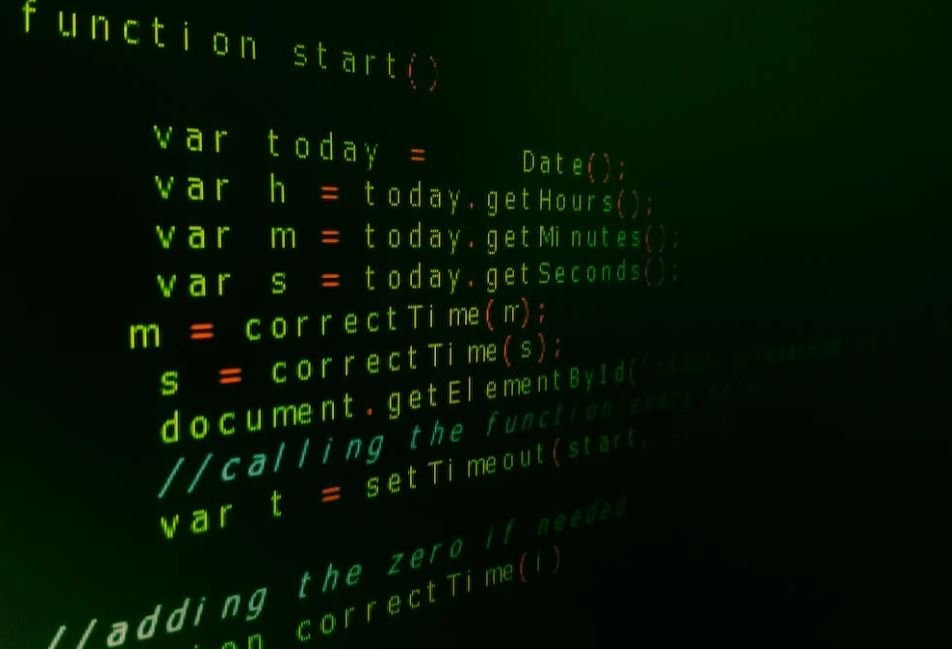How AI Will Replace Jobs
Artificial Intelligence (AI) has been a topic of interest and speculation for many years. With advancements in technology, AI systems are becoming increasingly sophisticated and are being utilized in various industries. While AI comes with numerous benefits, there is growing concern about the potential impact on jobs. As AI continues to evolve, it is expected to replace certain job roles, leading to significant changes in the workforce. This article explores the current and future state of AI in relation to job displacement and provides insights into potential strategies for individuals and organizations to adapt to this evolving landscape.
Key Takeaways:
- AI is rapidly advancing and has the potential to replace certain job roles.
- Job displacement due to AI can lead to significant changes in the workforce.
- Individuals and organizations need to adapt to the evolving landscape of AI.
**AI systems have made substantial progress in recent years**, with advancements in machine learning algorithms and computing power enabling them to perform complex tasks previously only achievable by humans. These systems can now analyze vast amounts of data, recognize patterns, and make decisions based on this information. As a result, many routine and repetitive tasks are being automated, reducing the need for human intervention and raising concerns about job displacement.
*Given the increasing capabilities of AI systems, it is crucial for individuals to understand the potential impact on their job roles*. Certain job sectors, such as manufacturing, transport, and retail, are particularly susceptible to automation. Jobs that involve repetitive manual labor, data entry, or information processing are at higher risk of being replaced by AI systems. However, it is important to note that while some jobs may be eliminated, new roles and opportunities are likely to emerge as well.
The Impact of AI on Jobs
Job displacement due to AI is a topic of significant debate and concern. **Studies suggest that millions of jobs are at risk in the coming years**. According to a report by McKinsey Global Institute, approximately 800 million jobs could be affected worldwide by automation and AI by 2030. The impact will vary across sectors and job roles, with some experiencing minimal disruption while others face substantial changes.
| Job Sector | Potential Impact of AI |
|---|---|
| Manufacturing | Automation of production lines and robotic assembly can replace manual labor. |
| Transportation | Self-driving vehicles and AI-powered logistics systems can disrupt traditional roles in the industry. |
Despite the potential job displacement, it is important to acknowledge that AI can also create new job opportunities and transform existing roles. **AI will augment human capabilities** in areas such as data analysis, decision-making, and innovation. As AI systems handle routine tasks, individuals can focus on higher-level responsibilities that require creative and critical thinking, emotional intelligence, and complex problem-solving skills. It is essential for individuals to develop and acquire the necessary skills to thrive in this changing job market.
Adapting to the Changing Landscape
In order to adapt to the changing landscape of AI and mitigate the potential negative impacts on jobs, individuals and organizations should consider implementing the following strategies:
- Lifelong learning: Continuous learning and upskilling are essential to stay relevant in the age of AI. Acquiring new skills and knowledge can open doors to new opportunities and help individuals remain competitive.
- Collaboration between humans and AI: Rather than perceiving AI as a replacement, individuals and organizations should view it as a tool for enhancing productivity and efficiency. Collaborating with AI systems can lead to more effective outcomes.
- Embracing creativity and innovation: AI is unlikely to replace roles that require imagination, originality, and innovation. Fostering these skills can differentiate individuals and make them valuable in an AI-dominated workforce.
- Preparing for job transitions: Individuals should be proactive in identifying future job trends and prepare for potential transitions. Developing a diverse skill set and being adaptable can increase employability and resilience.
*The evolving landscape of AI presents challenges and opportunities for both individuals and organizations*. While job displacement is a concern, AI also offers the potential for increased productivity, efficiency, and innovation. By embracing AI as a tool and adopting strategies to adapt to the changing job market, individuals can position themselves for success in the AI-driven future.

Common Misconceptions
Misconception 1: AI Will Replace All Jobs
One of the common misconceptions about AI is that it will replace all jobs, leading to mass unemployment. However, this is not entirely true. While AI can automate certain tasks and processes, it is more likely to augment existing jobs rather than completely replace them.
- AI is more proficient at tasks involving repetition and data analysis.
- Jobs requiring human interaction and creativity are less likely to be replaced by AI.
- AI can enhance productivity and efficiency in various industries, creating new job opportunities.
Misconception 2: Only Low-Skill Jobs Will Be Impacted by AI
Another misconception is that only low-skill jobs will be impacted by AI, leaving high-skilled workers untouched. While it is true that AI is first adopted in industries with repetitive, rule-based tasks, high-skill jobs are not immune to its influence.
- Even highly skilled professionals can benefit from AI-powered tools and software for data analysis or decision-making.
- High-skill jobs may evolve to require different skill sets, as AI takes over certain aspects of the job.
- Upskilling and adaptation to new technologies is crucial for all workers, regardless of skill level.
Misconception 3: AI Will Make Humans Obsolete
There is a misconception that AI will make humans obsolete, leading to a dystopian future where machines control everything. However, the reality is that AI is designed to work alongside humans, complementing their capabilities.
- AI can handle routine and monotonous tasks, freeing up humans to focus on more complex and creative aspects of their jobs.
- Human judgment, ethics, and empathy are valued qualities that AI currently struggles to replicate.
- Collaboration between humans and AI can lead to better outcomes, with each leveraging their strengths.
Misconception 4: AI Development is Unregulated and Uncontrolled
Many people have the misconception that AI development is unregulated and uncontrolled, leading to potentially harmful applications. While there are challenges and debates surrounding AI ethics and governance, efforts are being made to establish guidelines and regulations.
- Organizations and governments are working on frameworks to ensure transparency, accountability, and fair use of AI.
- Ethical considerations are increasingly embedded in AI research and development processes.
- Websites and tools like AI Now provide resources to promote responsible AI development.
Misconception 5: AI Will Lead to a Net Loss of Jobs
Lastly, a common misconception is that AI will lead to a net loss of jobs, leaving many unemployed. However, historical evidence suggests that technological advancements, including AI, have often led to job creation and economic growth.
- New industries and job roles can emerge as a result of AI implementation.
- While some jobs may be automated, new jobs requiring AI expertise and support will be created.
- Workers will need to adapt and acquire skills that complement AI to thrive in the changing job market.

Fastest Growing Jobs in the Age of AI
As AI technology continues to advance, certain jobs are experiencing rapid growth. This table shows some of the fastest growing jobs in the age of AI, based on data from various sources.
| Job Title | Annual Growth Rate |
|---|---|
| Data Scientist | 32% |
| Machine Learning Engineer | 29% |
| AI Specialist | 24% |
| Robotics Engineer | 22% |
| Cloud Architect | 18% |
Industries Expected to Be Disrupted by AI
The impact of AI is felt across various industries, ranging from healthcare to finance. This table highlights the industries that are expected to be disrupted by AI in the coming years.
| Industry | Percentage of Jobs at Risk |
|---|---|
| Telemarketing | 99% |
| Data Entry | 97% |
| Customer Service | 85% |
| Transportation | 80% |
| Manufacturing | 65% |
Skills Required for Future Jobs
AI’s transformation of the job market requires new skills to thrive. Here are some of the key skills that will be in high demand for future jobs.
| Skill | Percentage of Job Postings |
|---|---|
| Programming | 45% |
| Problem Solving | 39% |
| Critical Thinking | 35% |
| Creativity | 30% |
| Adaptability | 26% |
Jobs Least Likely to Be Affected by AI
While AI may replace certain jobs, there are occupations that are expected to remain resilient. This table reveals the jobs deemed least likely to be affected by AI.
| Job Title | Automation Risk Level |
|---|---|
| Therapist | Low |
| Social Worker | Low |
| Teacher | Low |
| Lawyer | Low |
| Artist | Low |
Impact of AI on Job Satisfaction
Artificial intelligence has an influence on job satisfaction, whether positive or negative. This table highlights the impact of AI on job satisfaction according to surveys.
| Survey Result | Percentage of Employees |
|---|---|
| Improved Efficiency | 62% |
| Increased Stress | 45% |
| Enhanced Creativity | 38% |
| Job Insecurity | 29% |
| Reduced Monotony | 24% |
Gender Gap in AI-Related Jobs
AI-related fields often suffer from a gender gap, with the majority of jobs being held by males. This table presents the gender distribution in AI-related jobs.
| Gender | Percentage of AI Roles |
|---|---|
| Male | 67% |
| Female | 33% |
| Non-Binary | 1% |
| Other | 1% |
AI Adoption by Businesses
Businesses across various sectors are recognizing the potential of AI and incorporating it into their operations. This table shows the adoption rate of AI by businesses.
| Business Sector | AI Adoption Rate |
|---|---|
| Technology | 82% |
| Finance | 68% |
| Healthcare | 54% |
| Retail | 41% |
| Manufacturing | 33% |
AI in Job Recruiting Process
AI is also playing a significant role in the job recruiting process, transforming the way companies hire new talent. This table highlights the use of AI in different stages of the recruiting process.
| Recruitment Stage | Percentage of Companies |
|---|---|
| Resume Screening | 61% |
| Interview Process | 45% |
| Candidate Assessment | 37% |
| Background Checks | 24% |
| Hiring Decision | 18% |
Investment in AI Research and Development
Investment in AI research and development has been growing significantly, reflecting the potential impact of the technology in the future. This table displays the investment in AI R&D by different countries.
| Country | Total Investment (in billions) |
|---|---|
| United States | 35 |
| China | 23 |
| United Kingdom | 10 |
| Germany | 7 |
| Canada | 5 |
The rise of AI is reshaping the job market in various ways. While some jobs may be replaced by automation and AI-driven technologies, new opportunities are being created in fields like data science and machine learning. The adoption of AI by businesses is rapidly increasing across different sectors. As the technology continues to evolve, it is essential for individuals to acquire the necessary skills that will remain in demand. The future job landscape will require a balance between human creativity, critical thinking, and technological proficiency.
Frequently Asked Questions
How AI Will Replace Jobs




